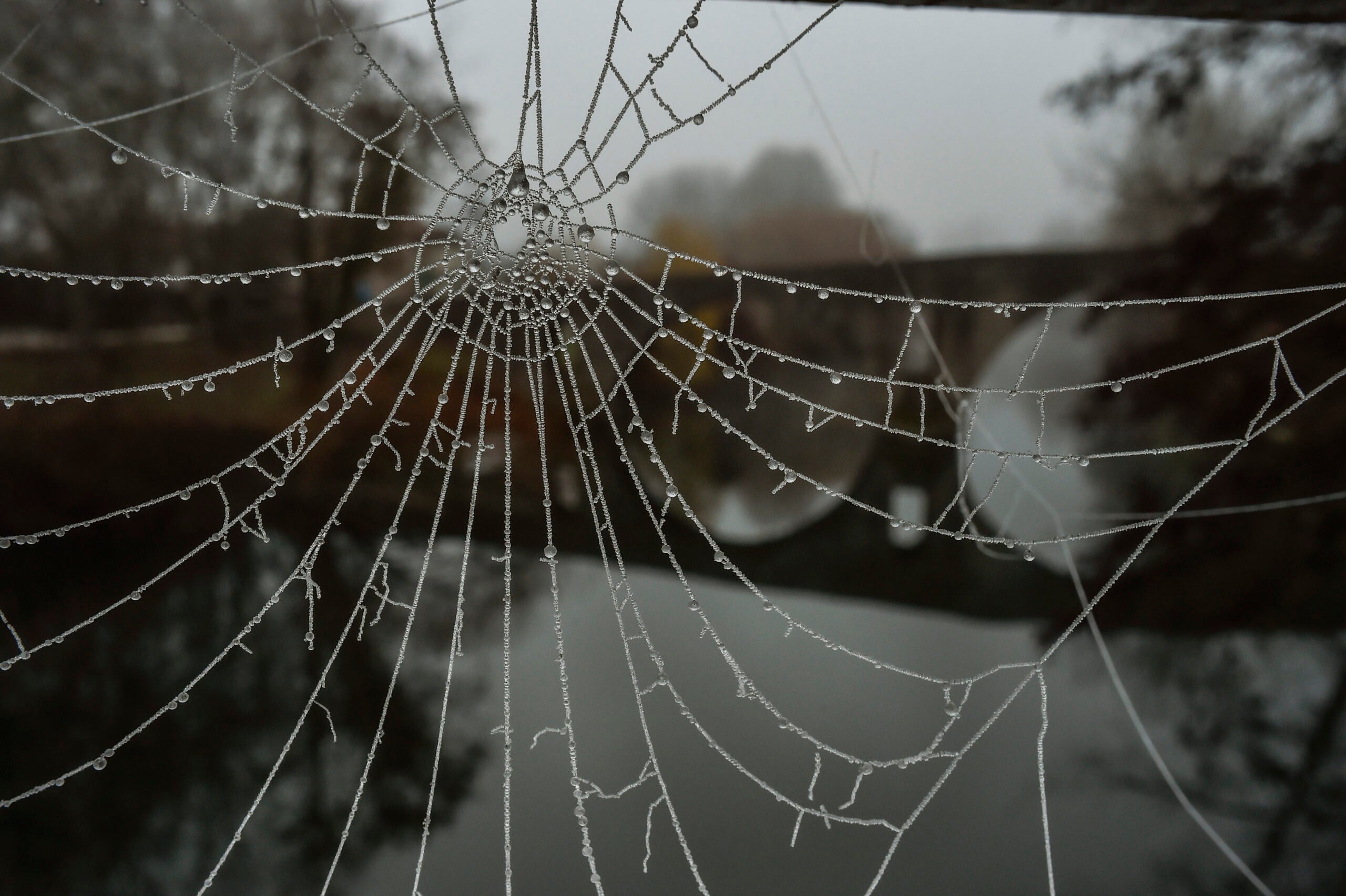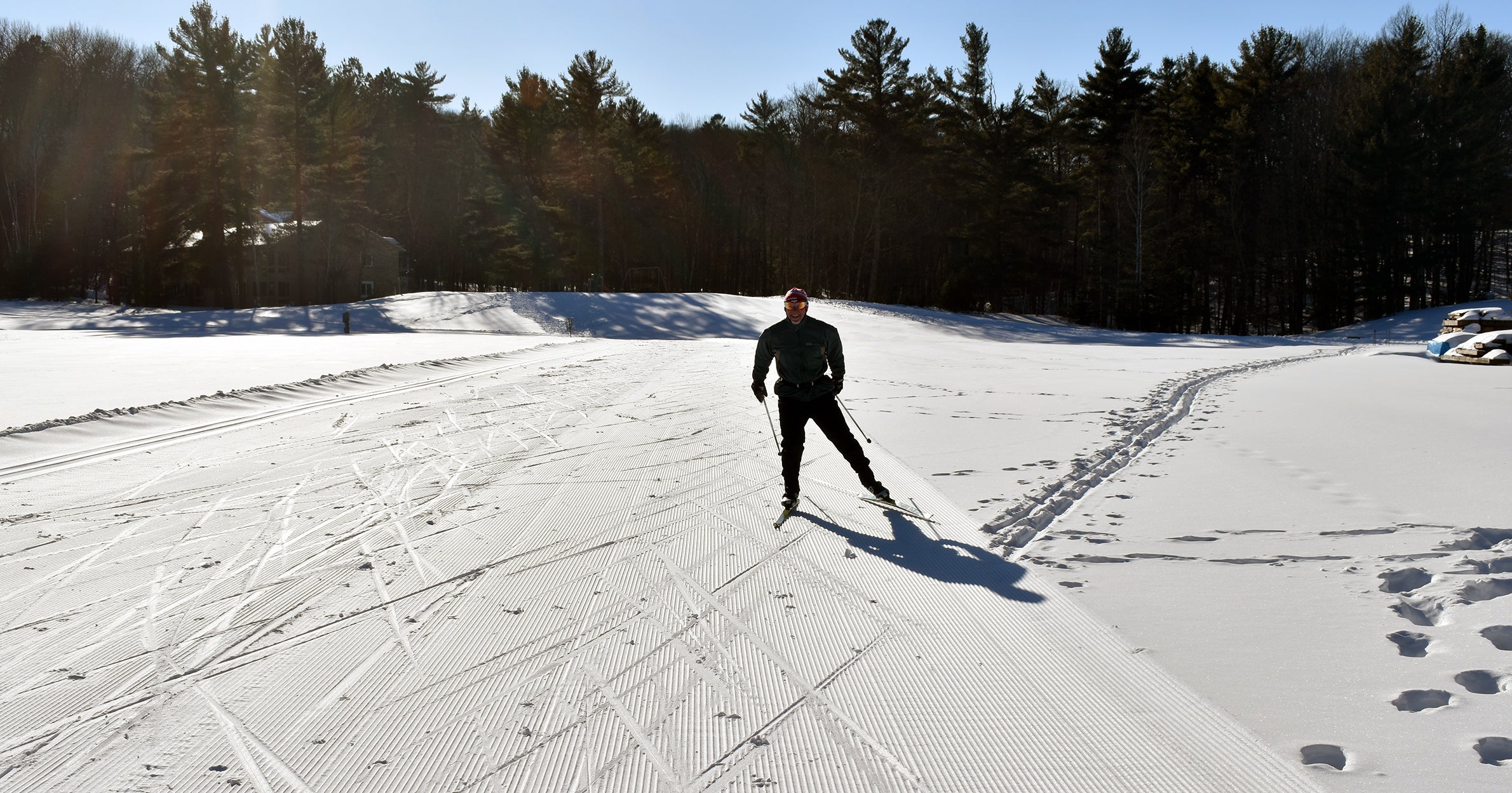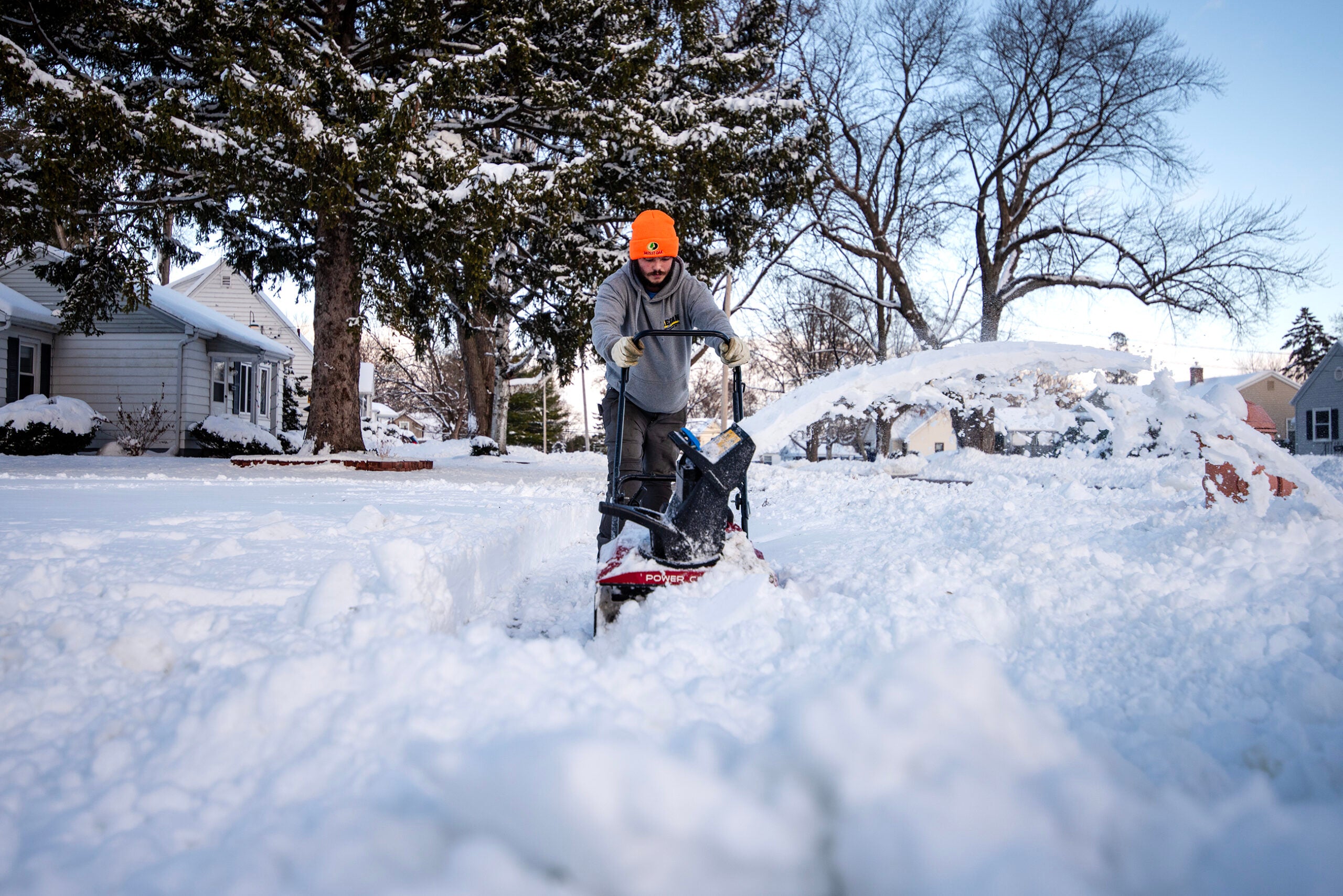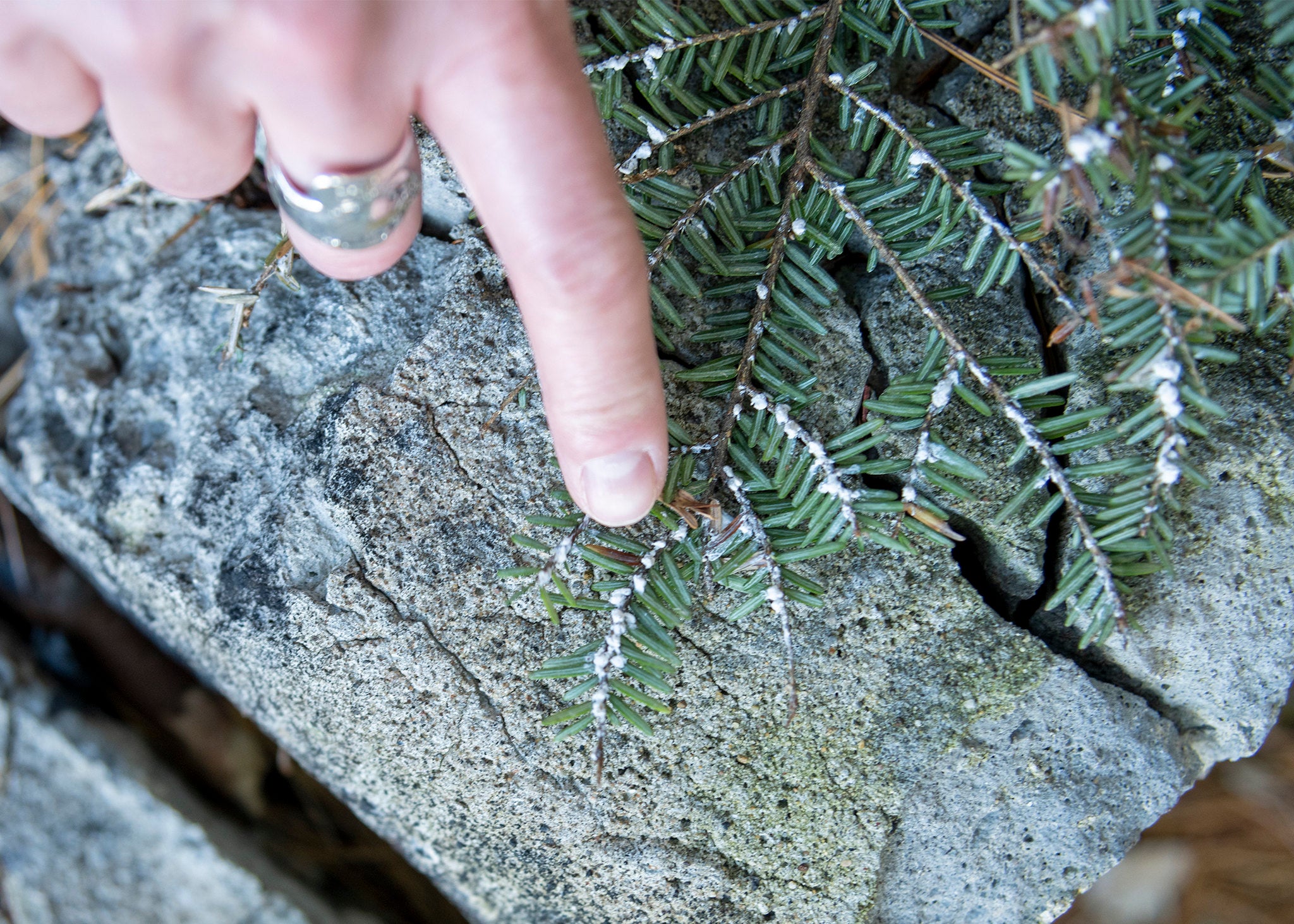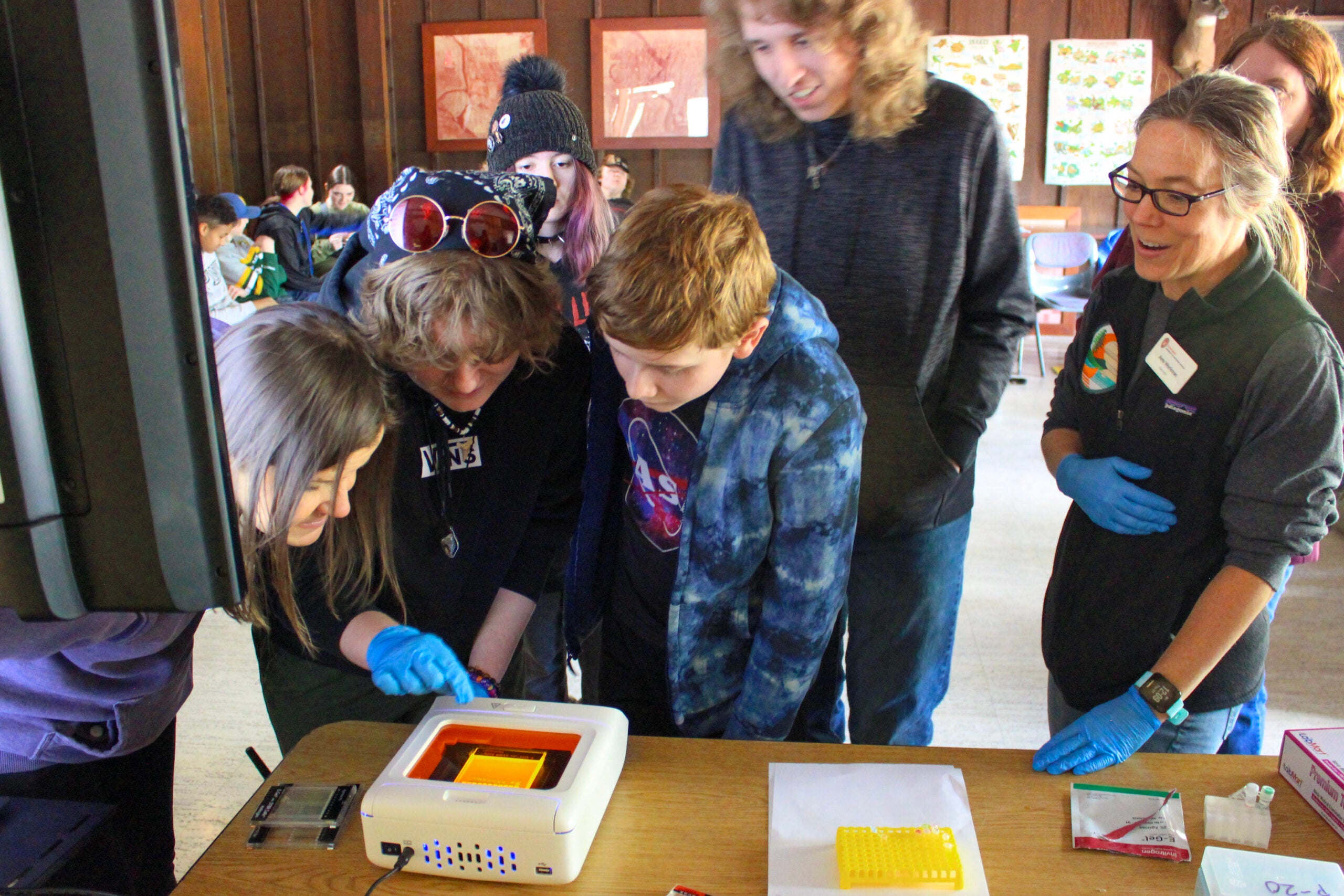A Manitowoc school closed temporarily in December after reporting a teacher and student had been bitten by spiders, and exterminators would be called in.
While the closure gained local and national attention, University of Wisconsin-Green Bay biology professor Mike Draney said spider bites are rare and often mistakenly blamed for allergies, infections, burns or bites from other insects.
Appearing recently on Wisconsin Public Radio’s “The Morning Show,” Draney said most Wisconsin spiders in winter are merely looking for a safe spot to wait out the chilly months. He also talked about what to do with spiders you find in your home, the benefits of spiders and the different types of house spiders.
News with a little more humanity
WPR’s “Wisconsin Today” newsletter keeps you connected to the state you love without feeling overwhelmed. No paywall. No agenda. No corporate filter.
The following was edited for brevity and clarity.
Kate Archer Kent: What’s the difference between spiders going dormant versus hibernation?
Mike Draney: It’s really a continuum. Spiders are more active — their bodies metabolize faster — at higher temperatures than at lower temperatures. In wintertime, especially the spiders in Wisconsin’s winters, their metabolism is naturally going to be extremely low when it’s cold out.
In fact, they don’t eat during the entire winter. They can’t digest food at those low temperatures. They are going to metabolize very slowly indeed. … they’re just mostly inactive. They’re alive but they’re not running around, they’re not reproducing, they’re not even digesting their food. That’s essentially the way that spiders get through the winter, by just having a low metabolism.
KAK: What are the types of Wisconsin spiders that might head indoors for the winter or that we might see around the house in the winter?
MD: First of all, there are two sorts of categories of spiders here. There are some spiders that live in our houses and reproduce in our houses. You’ve probably seen these very long-legged cellar spiders, those are not from Wisconsin. They get moved around by humans, and they live in our basements, so they’re going to be around all the time.
But there are a good number of spiders that seek sheltered microhabitats in the wintertime so that they could avoid freezing to death during the winter. That’s how they overwinter — not as eggs but as either baby or adult spiders. And those ones are mostly going to be inactive in your house. Although, if your house is warm, then oftentimes they do wake up and start walking around looking for a different spot, looking for water, and that’s when you’ll encounter them.
But they’re not out trying to bite you. Most of the ones are going to be making a little sleeping bag or a tent to sleep in. And oftentimes they make that little tent between the wall and the ceiling of a room. So, that’s where you often find the spiders hanging out inside of a little silk sac, which is why they’re called sac spiders.
KAK: Can you explain a little bit how spiders are helpful in keeping other pest populations in check?
MD: That’s what they do, they’re generalist predators. They’ll eat just any sort of insect that’s in the right size range, and that’s pretty much all they eat. If you have spiders in your house, they’re going to be eating a lot of insects, and it’s going to result in a lot fewer animals in your house.
KAK: Can you walk us through the best way or the correct way of relocating a spider outdoors if you don’t want it inside your home?
MD: Once you see the spider and you know it’s there, spiders don’t attack you. They don’t have any reason to bite you except defensively. It’s pretty easy to corral a spider into a Tupperware container or something like that. Get them to run into the jar or put a jar over them and maybe place some cardboard in between the jar and the opening. Then you can just walk out and dump it out. If you don’t want to do something like that, you can vacuum up spiders. They certainly are susceptible to that.
Do you know what I do? I simply leave them all alone. Every time you see a spider in your house, in order for it to complete its life cycle, they’re going to eat dozens of insects during the course of their life. You’re actually going to see fewer creepy crawlies total in your house if you let the spiders go.
KAK: I always wonder, if I just leave the spider and I take away their web, are they going to be able to remake that web easily, or am I ruining their day?
MD: You might be ruining their day, but you’re probably not going to kill them. Orb web spiders actually make their web fresh every day. They’ll take the web down at the end of the day, ball it up and then eat the silk. That’s how they reclaim some of the protein that the web silk is made of. But the spiders that live in your house oftentimes make a web and they keep repairing it over time. Taking that web down might ruin their day, but they can make more webbing. You’re definitely not killing them by removing their webs, so I say go ahead and remove all the webs you want.
Wisconsin Public Radio, © Copyright 2025, Board of Regents of the University of Wisconsin System and Wisconsin Educational Communications Board.

